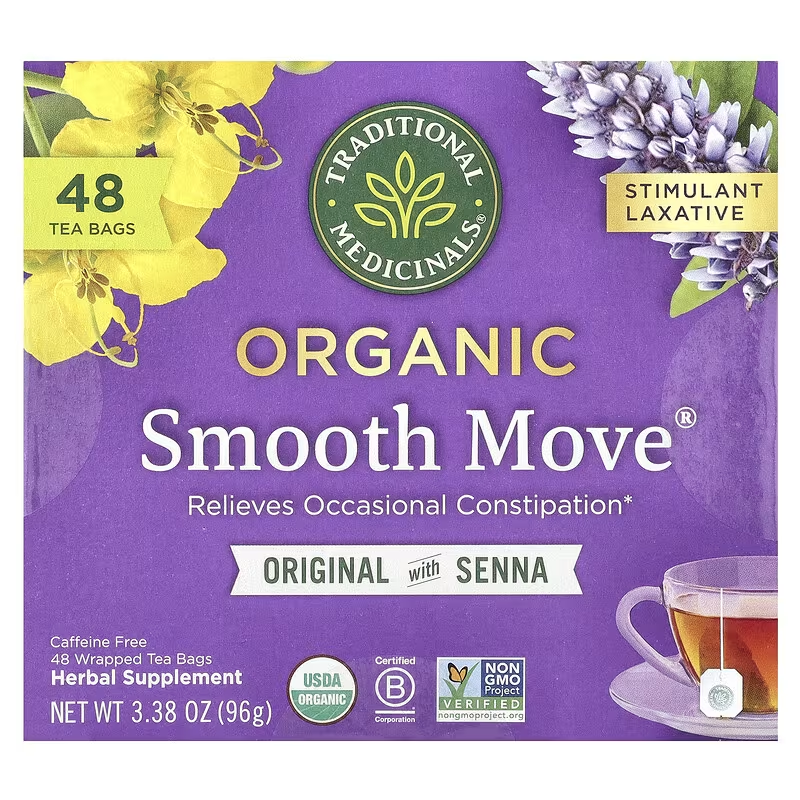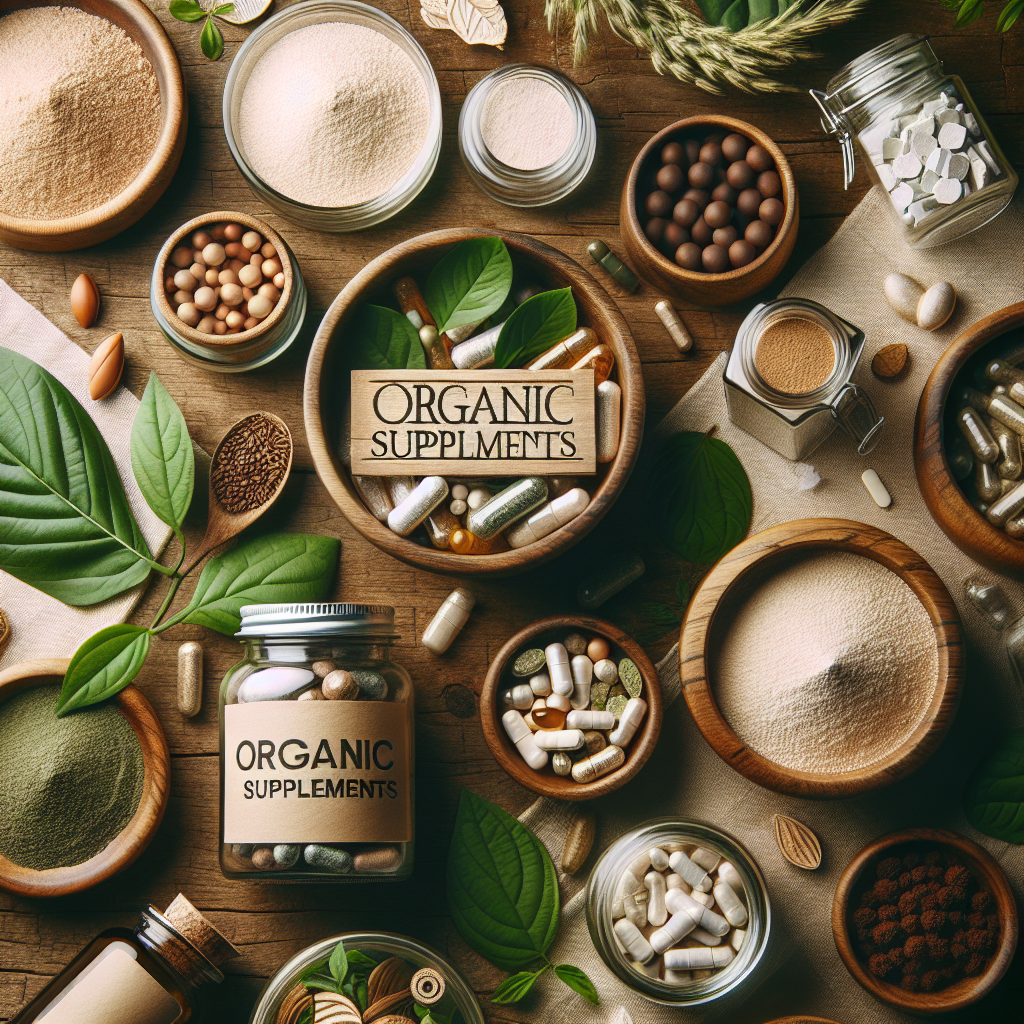How to Improve Gut Health Naturally: A Comprehensive Guide
Your gut health plays a crucial role in your overall well-being. From digestion to immune function, a healthy gut is the cornerstone of a healthy life. If you’re looking to enhance your gut health naturally, you’ve come to the right place! In this comprehensive guide, we’ll explore various ways to nurture your gut, using simple and effective methods. Let’s dive in! 🌿
Table of Contents
1. Understanding Gut Health
2. The Role of Diet in Gut Health
3. Probiotics and Prebiotics: The Dynamic Duo
4. Lifestyle Habits for a Healthier Gut
5. Conclusion
6. FAQs
Understanding Gut Health
Gut health refers to the balance and function of bacteria in the gastrointestinal tract. These bacteria, often termed the “gut microbiome,” are crucial for digesting food, absorbing nutrients, and keeping harmful bacteria at bay. A healthy gut can improve mood, enhance immune functions, and even aid in weight management. 🦠
The Role of Diet in Gut Health
What you eat profoundly impacts your gut health. Here are some dietary tips to keep your gut thriving:
1. Eat a Variety of Foods 🥗
Eating a diverse range of foods ensures that your gut microbiome is as varied as possible. Different bacteria feed on different types of fiber, so a varied diet can promote a more balanced gut microbiome.
2. Focus on Fiber 🌾
Fiber is essential for a healthy gut. It helps to keep things moving in your digestive system and provides food for beneficial bacteria. Load up on fruits, vegetables, whole grains, and legumes to meet your daily fiber needs.
3. Reduce Sugar and Artificial Sweeteners 🍭
High sugar and artificial sweeteners can disrupt the balance of gut bacteria. Try to limit your intake of sugary foods and opt for natural sweeteners like honey or maple syrup when needed.
Probiotics and Prebiotics: The Dynamic Duo
Probiotics and prebiotics are essential for maintaining a healthy gut. Here’s how they work:
1. Probiotics: The Good Bacteria 🌟
Probiotics are live bacteria that provide health benefits when consumed. These “good” bacteria can be found in fermented foods like yogurt, kefir, sauerkraut, and kimchi. Consider incorporating these into your diet to boost your gut health.
2. Prebiotics: Food for the Good Bacteria 🍌
Prebiotics are types of fiber that feed the friendly bacteria in your gut. Foods rich in prebiotics include garlic, onions, bananas, and asparagus. Ensuring you eat enough prebiotics can help maintain a healthy balance of gut bacteria.
Lifestyle Habits for a Healthier Gut
Beyond diet, your lifestyle can also impact your gut health. Here are some habits to adopt:
1. Stay Hydrated 💧
Drinking plenty of water promotes the mucosal lining of the intestines and helps balance good bacteria in the gut. Ensure you’re drinking enough fluids throughout the day.
2. Manage Stress 😌
Chronic stress can negatively impact your gut health by altering the gut microbiome. Practice stress-reducing activities like yoga, meditation, or gentle exercise to maintain a healthy gut.
3. Get Enough Sleep 😴
Adequate sleep is essential for overall health, including gut health. Aim for 7-9 hours of quality sleep each night to help your body and gut function optimally.
Conclusion
Improving your gut health naturally involves a combination of a balanced diet, lifestyle changes, and being mindful of what you consume. By incorporating these tips into your daily routine, you can foster a healthier gut microbiome, leading to improved overall health and well-being. Remember, small changes can lead to significant results! 🌟
FAQs
1. What are the signs of an unhealthy gut?
An unhealthy gut may manifest as bloating, gas, constipation, diarrhea, or heartburn. Other signs can include fatigue, food intolerances, or skin irritations.
2. How long does it take to improve gut health?
Improving gut health can vary from person to person. With consistent dietary changes and lifestyle modifications, some people may notice improvements in a few weeks, while for others, it might take a few months.
3. Can exercise improve gut health?
Yes! Regular physical activity can promote the growth of beneficial bacteria in the gut, contributing to a healthier microbiome.
4. Are supplements necessary for gut health?
Supplements can be helpful, but they’re not always necessary if you’re maintaining a balanced diet rich in probiotics and prebiotics. It’s best to consult with a healthcare provider to determine what’s right for you.
By nurturing your gut, you’re investing in your health. Here’s to a happy and healthy gut! 🌱
Check Out This Website
Check out this website for a variety of organic products.











